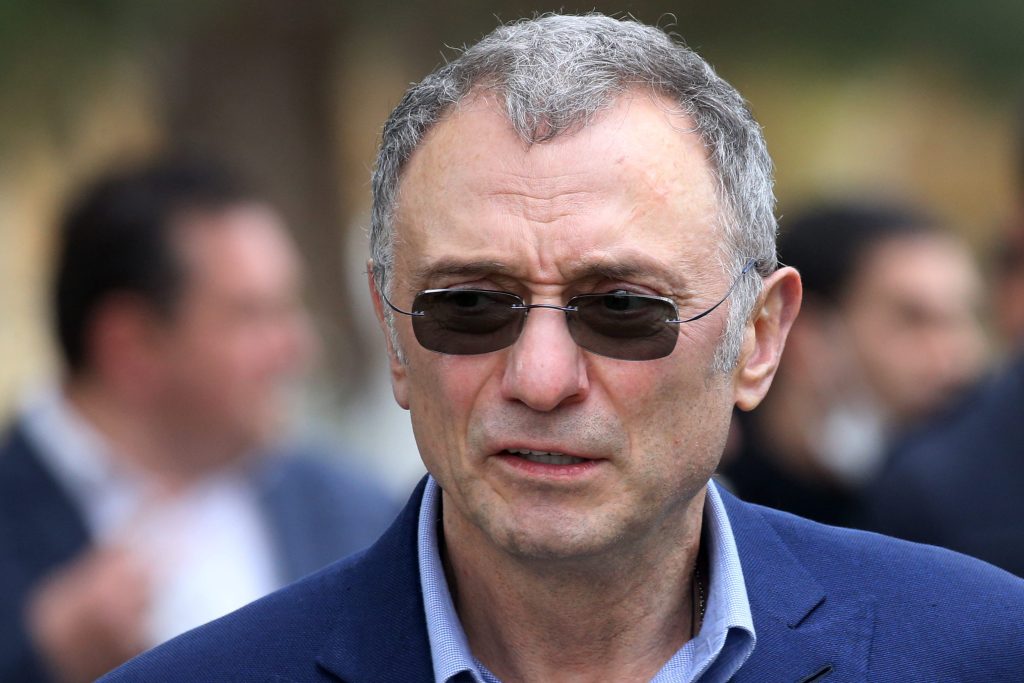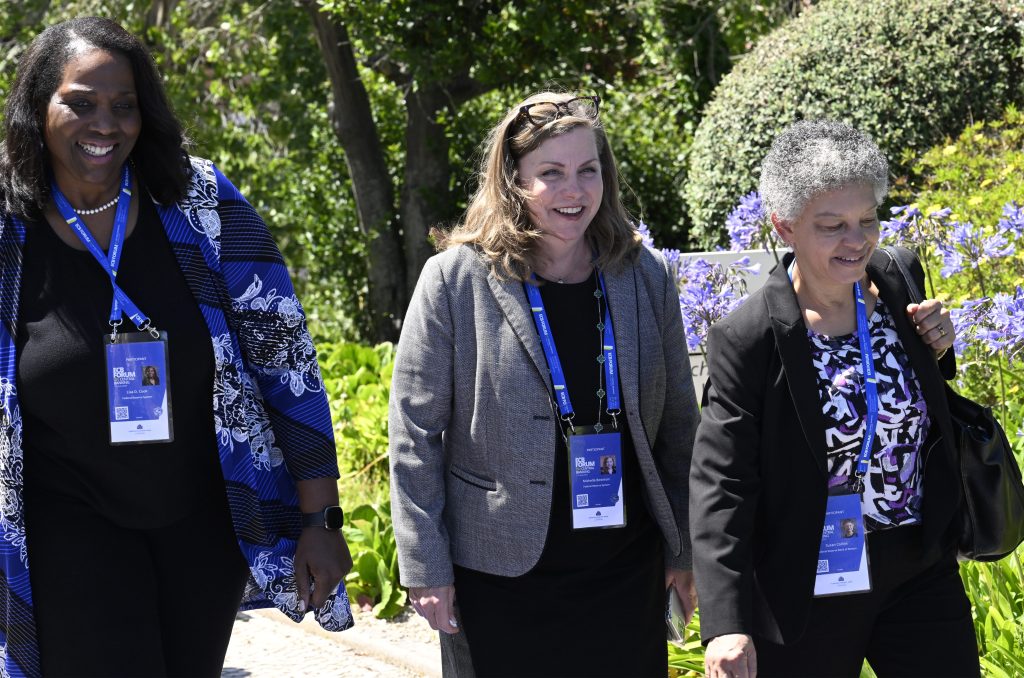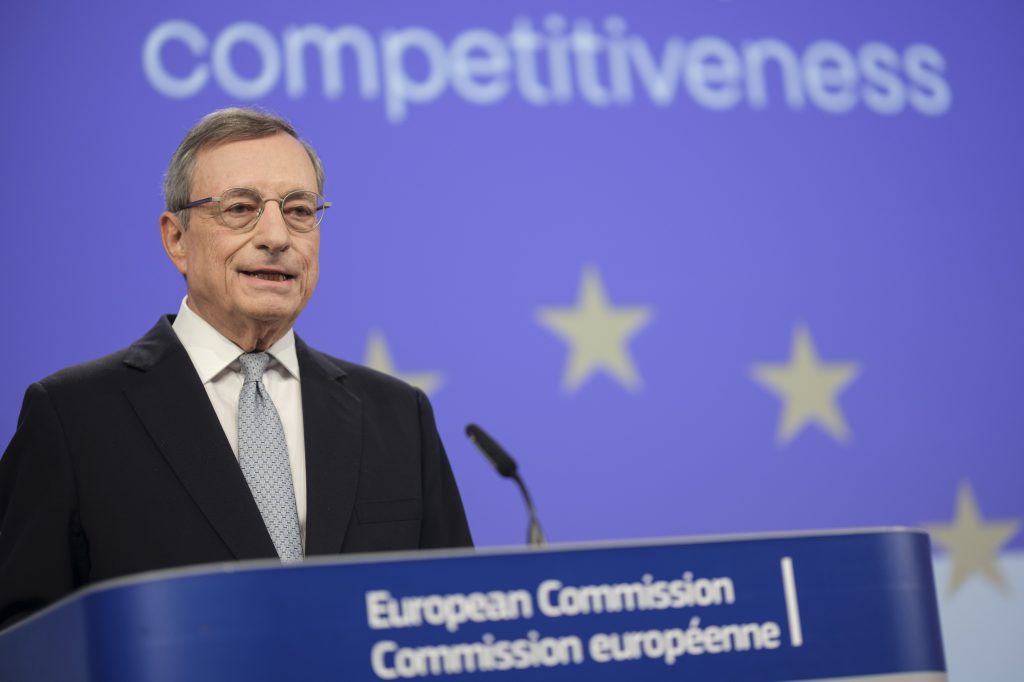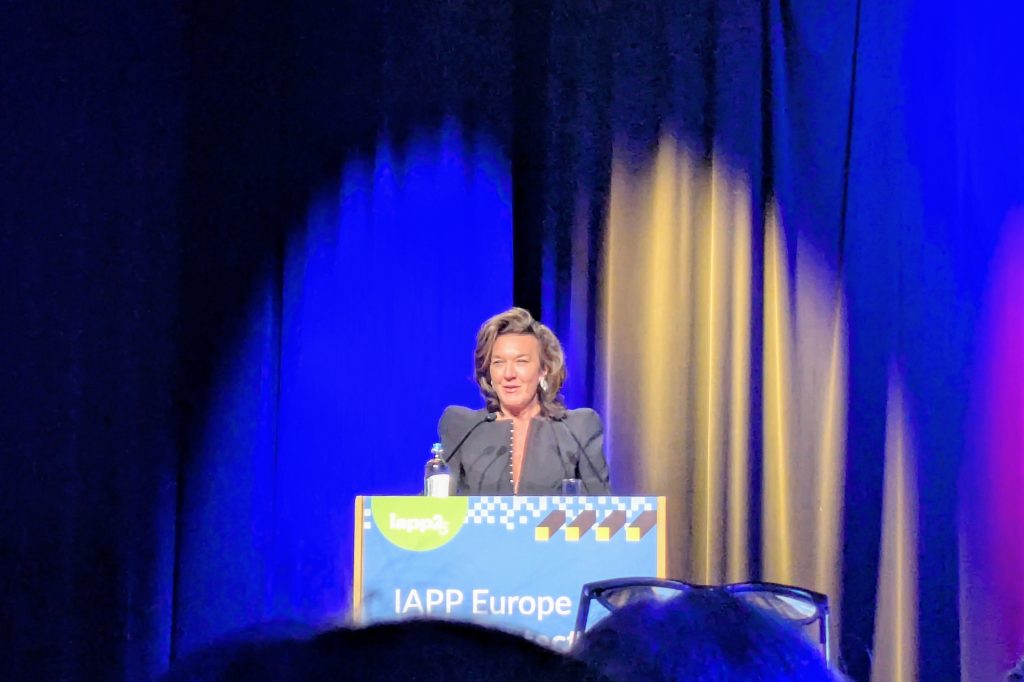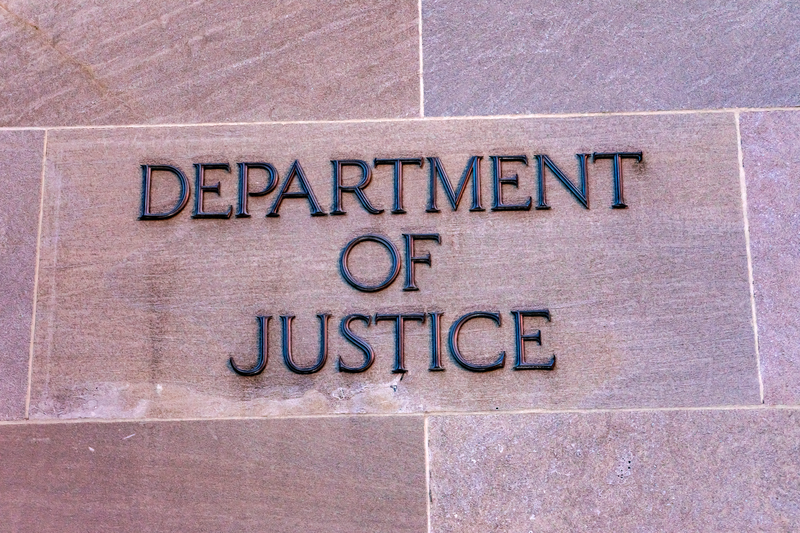Last Wednesday, Acting Assistant Attorney General Nicole Argentieri delivered the keynote address at the 40th International Conference on the Foreign Corrupt Practices Act (FCPA).
As part of her remarks, she announced a new resource dedicated to deepening the Department of Justice’s international partnerships in key parts of the world that
Register for free to keep reading.
To continue reading this article and unlock full access to GRIP, register now. You’ll enjoy free access to all content until our subscription service launches in early 2026.
- Unlimited access to industry insights
- Stay on top of key rules and regulatory changes with our Rules Navigator
- Ad-free experience with no distractions
- Regular podcasts from trusted external experts
- Fresh compliance and regulatory content every day

